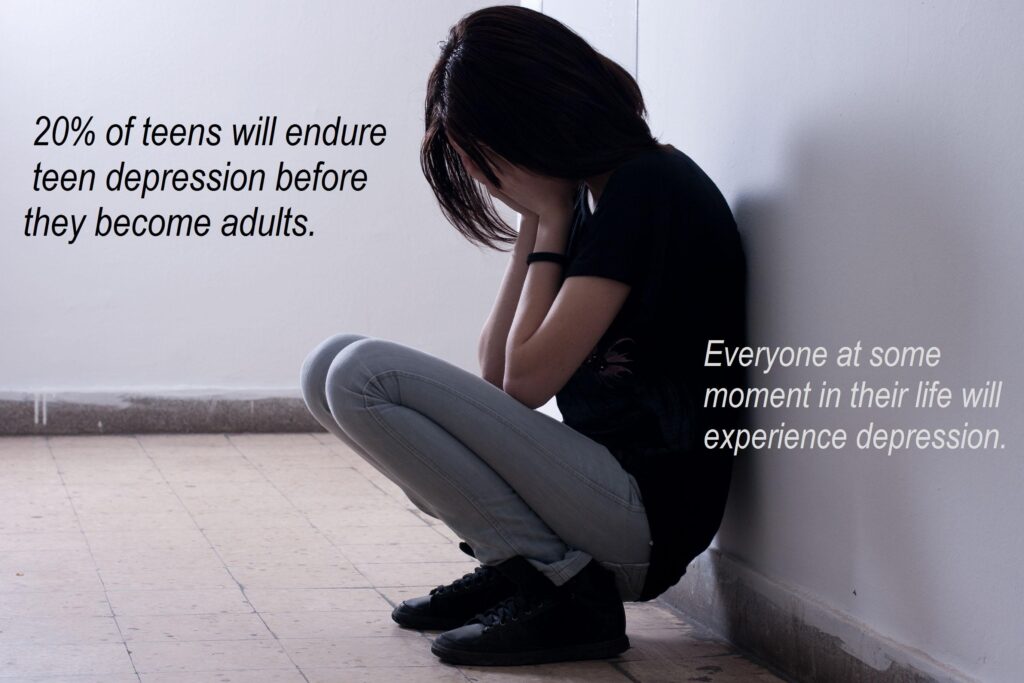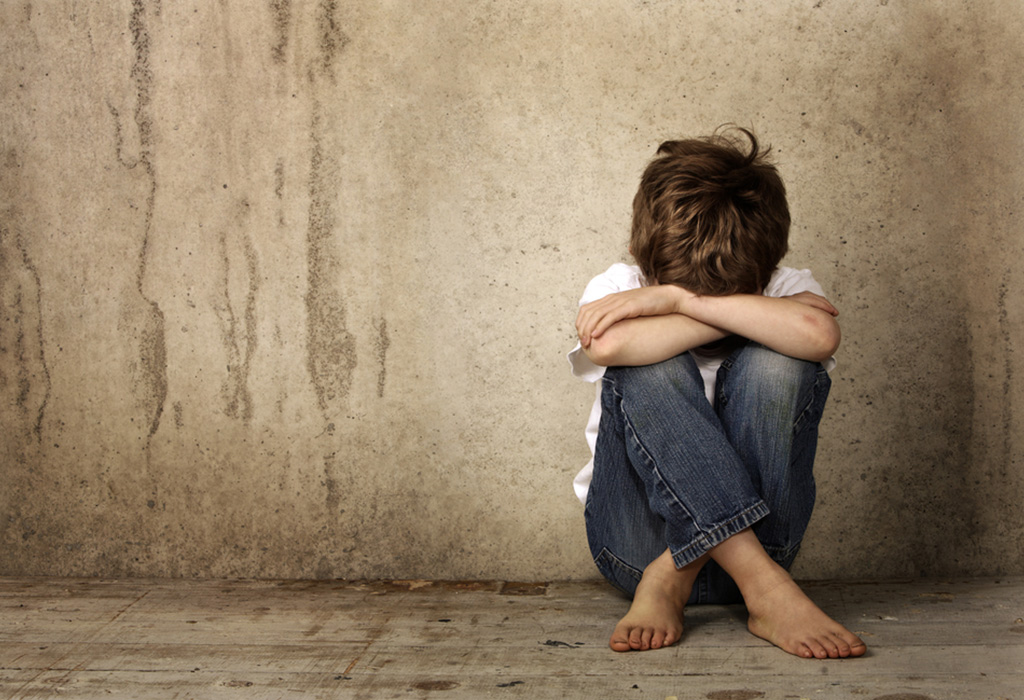Childhood & Adolescent Depression
“Most experts would agree with me that there is more stress today than in previous generations. Stress triggers depression and mood disorders, so that those who are predisposed to it by their creative wiring or genes are pretty much guaranteed some symptoms of depression at the confusing and difficult time of adolescence. I think modern lifestyles -lack of community and family support, less exercise, no casual and unstructured technology-free play, less sunshine and more computer -factors into the equation.”
Therese J. Borchard, author of Beyond Blue.
How do I recognize childhood & adolescent depression?
Growing up is hard. Your body is constantly changing. Your emotions are often unexpected and difficult to control. You have little to no control over your circumstances. Social media constantly presents you with new unattainable images of perfection. And hey, don’t forget a pandemic which limits your social engagement. The youth of today are challenged in ways none of us could have imagined. Incidents of childhood and adolescent depression are on the rise.
It is perfectly normal to feel blue once in a while. However, children and adolescents are increasingly being diagnosed with anxiety, depression, and mental illness. According to the American Academy of Child & Adolescent Psychiatry, common symptoms of depression in children and adolescents may include:
- Feeling or appearing depressed, sad, tearful, or irritable
- Not enjoying things as much as they used to
- Spending less time with friends or in after school activities
- Changes in appetite and/or weight
- Sleeping more or less than usual
- Feeling tired or having less energy
- Feeling like everything is their fault or they are not good at anything
- Having more trouble concentrating
- Caring less about school or not doing as well in school
- Having thoughts of suicide or wanting to die
Parents, trying their best to help their sons and daughters, are turning to their family doctors for help. Doctors, in an effort to help patients using the methods they have learned, are prescribing medications for young people at an alarming rate. According to a recent article in Science Daily, the Journal of the American Academy of Child and Adolescent Psychiatry (JAACAP) has recently published a study confirming that depression in childhood or adolescence is associated with higher levels of adult anxiety and substance use disorders, worse health and social functioning, less financial and educational achievement, and increased criminality.
What can I do?
Childhood and adolescent depression, like many mental illnesses, can be very subjective. The best course of treatment truly depends upon the patient and their individual needs. There are an abundance of contributing factors that can lead to an overwhelming list of symptoms. Therefore, there is no one size fits all path to greater mental health. However, frequently there is an underlying energetic imbalance that is contributing to the severity of symptoms. This is where acupuncture can be enormously beneficial.
Acupuncture can be used alone or in combination with other therapies. ‘Talk therapy’ and or medication can be used as well. Together they can all help to safely treat the symptoms and perhaps some of the underlying causes of depression. Acupuncture can safely aid in the reduction of stress and anxiety. It can also help with headaches, weight loss, weight gain, loss of sleep, and lack of energy. All common symptoms associated with depression. The goal of acupuncture is to create a balance of the systems within your body and open the energy channels within you. When your body is in balance, you are in a better position to combat the external forces contributing to stress and anxiety which could be causing depression.
It is important that before any course of treatment is chosen, you speak with a professional. Whether treating depression in yourself or your loved one, you should always work with someone trained in mental health to plan your path to wellness. Oftentimes, that path will require a combination of treatment forms and they should all be administered by professionals.
Where do I start?
If you have questions about where to start, your acupuncture practitioner or family doctor are both a wise first step. If you would like to seek assistance from someone outside of your close network, please consider contacting one of the following:
- The National Alliance on Mental Illness (NAMI) Helpline: This helpline can answer questions about mental health, treatment, and local support groups. Staff members are available Monday to Friday from 10 a.m. to 6 p.m. Phone Number: 1-(800)-950-NAMI (6264) or text NAMI to 741741.
- Substance Abuse and Mental Health Services Administration (SAMHSA): SAMHSA’s helpline offers 24/7 support in English and Spanish for treatment referral and support. You can call anytime you have questions about depression or substance use disorders. Phone Number: 1-(800)-662-HELP (4357).
- MentalHealth.gov: This website provides information about mental health disorders and available treatments.
- National Institute of Mental Health: This site provides free-to-access, research-based mental health information.




